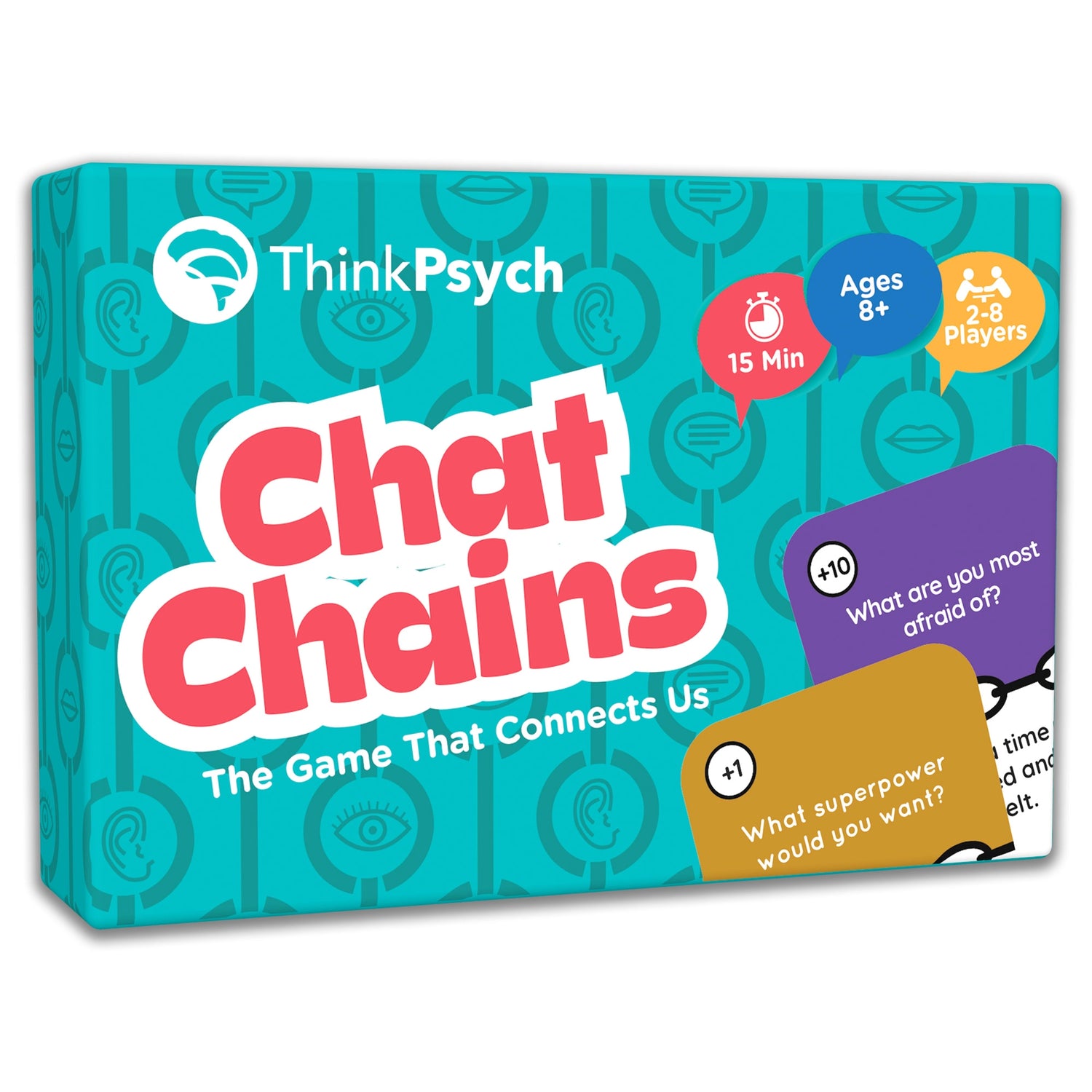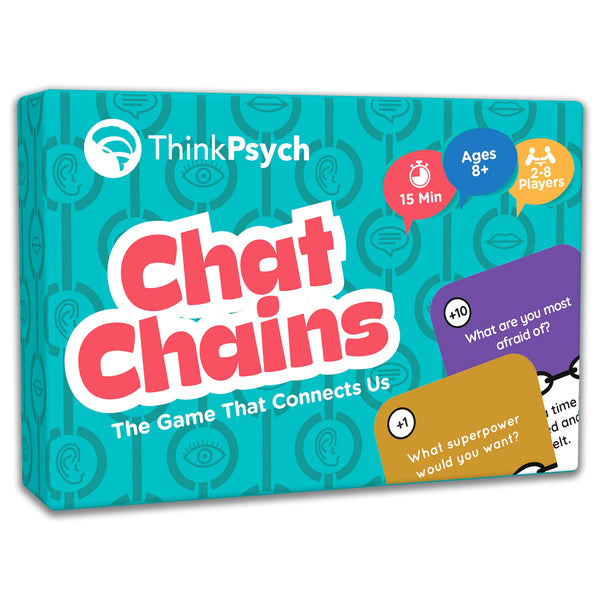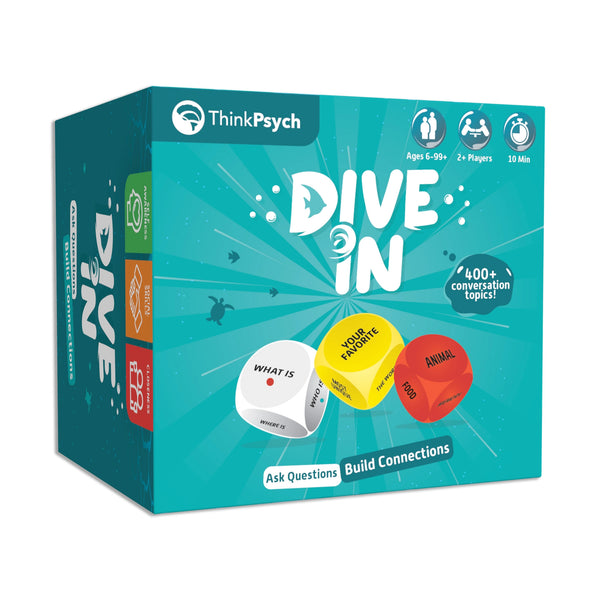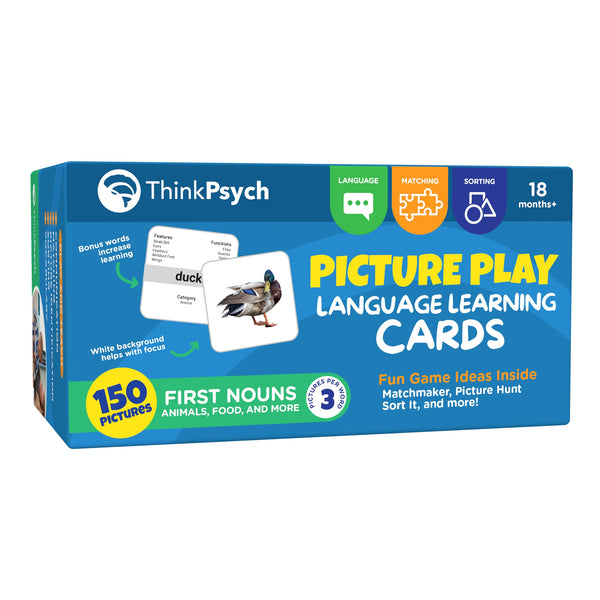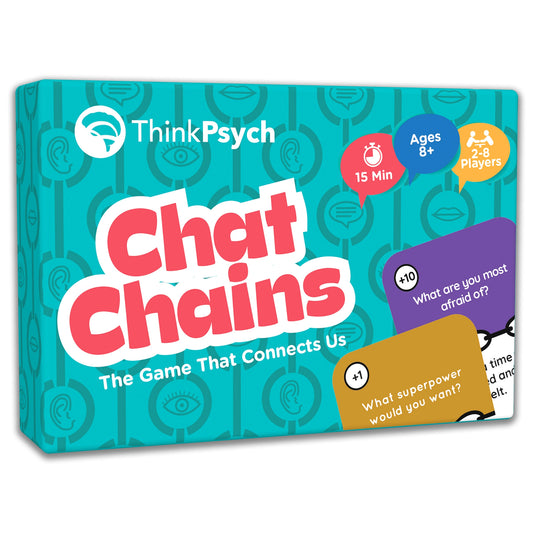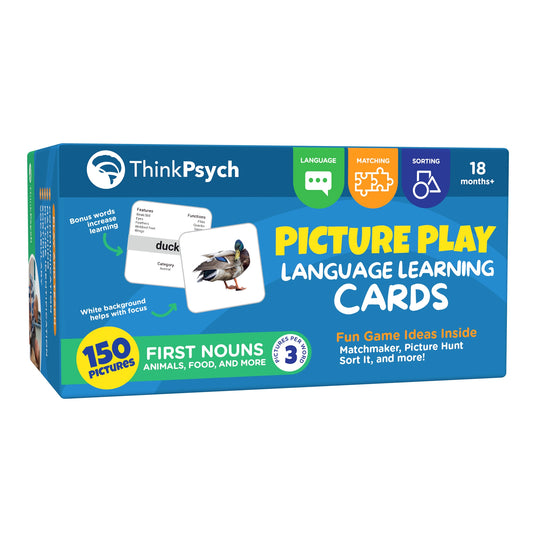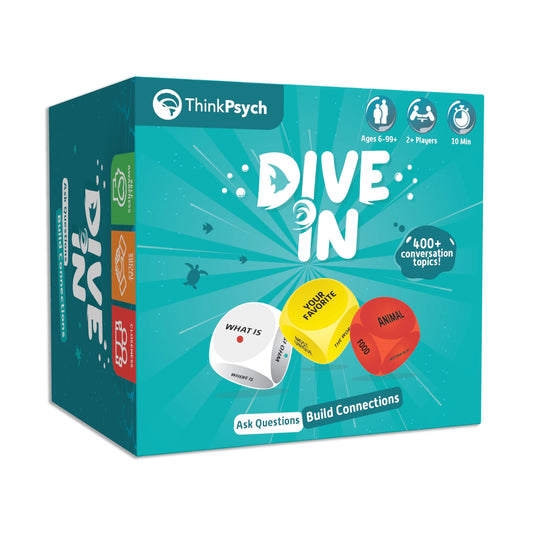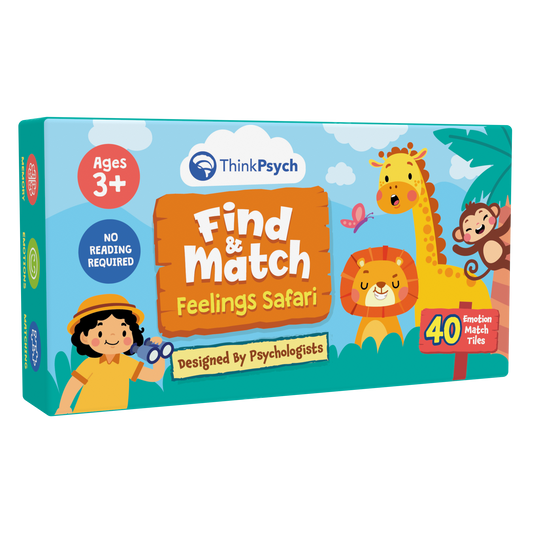
Navigating the Digital World: Ensuring Healthy Screen Time for Kids
Share
Is it a school day with piles of work looming, and you find your kids perpetually glued to their screens? It’s a challenge that many parents and guardians face in today’s digital age.
Technology is an integral part of our lives, and for our children, it’s second nature. While we can’t stop the digital wave, we certainly can navigate it.
This article tackles the topic of screen time and ensures it is healthy for kids. It’s essential to strike a balance between embracing the benefits of new tech and ensuring our children develop healthy screen time habits. No need for elaborate solutions or over-the-top restrictions – we are here to provide easy-to-follow guidance on managing screen time.
So, if you’re ready to tackle the screen time challenge head-on, let’s dive in and equip ourselves with the knowledge to create a tech-savvy, balanced, and thriving environment for our kids.
The Impact of Excessive Screen Time
Nowadays, it’s not uncommon for children to spend an average of six hours per day in front of screens. While technology offers numerous advantages, excessive screen time can have significant repercussions on young children’s physical, mental, and emotional well-being.
Physical Health Consequences
Excessive screen time often leads to a sedentary lifestyle, where kids spend prolonged hours seated. This lack of physical activity can contribute to a range of health issues, including:
- Obesity: A sedentary lifestyle is a known risk factor for childhood obesity.
- Muscle Weakness: Extended screen time can lead to weak posture and muscle development.
- Sleep Disturbances: Excessive screen use, especially before bedtime, can disrupt sleep patterns, leading to fatigue and irritability.
Mental and Emotional Health
The impact of screens on mental and emotional well-being is equally significant. Excessive screen time may result in:
- Increased Anxiety and Stress: Constant exposure to digital stimuli can lead to heightened stress levels, particularly in younger children.
- Decreased Social Skills: Overreliance on screens can hinder the development of crucial social skills, as face-to-face interactions are replaced by virtual ones.
- Impaired Attention Span: Extensive screen use has been linked to shorter attention spans and difficulties in focusing on tasks.
Understanding these potential consequences is crucial for parents and guardians who aim for a healthy lifestyle for their children. Fortunately, by implementing smart screen time guidelines and fostering alternative activities, you can mitigate these negative effects and ensure your child’s well-being.
What is a Healthy Screen Time for Kids?
Determining what makes up a healthy amount of screen time for children can be puzzling. Striking the right balance is key to ensuring that technology enriches, rather than hinders, their development.
The ideal screen time varies by age group:
- Toddlers and Preschoolers (Ages 2-5): For these little explorers, screen time should be limited to high-quality, educational content. Experts recommend no more than one hour per day.
- School-Age Children (Ages 6-17): Older kids can generally handle more screen time but should still have clear limits. Aim for consistent, age-appropriate guidelines while considering individual needs and activities.
Remember, the goal is not to eliminate screen time but to ensure it complements a well-rounded lifestyle.
Screen Time Guidelines
Navigating the digital realm with your children involves setting clear screen time guidelines.
Screen-Free Times and Zones
Incorporate screen-free periods into your child’s daily routine. Designate specific times, such as during meals or before bedtime, as screen-free. Bedrooms can also be designated as screen-free zones to ensure uninterrupted rest.
Create a Family Media Plan
Establish a clear family media plan that outlines screen time rules. Involve your children in setting these rules to foster a sense of ownership and understanding. The plan should include guidelines for weekdays and weekends, specifying when and how much screen time is allowed.
Prioritize Educational Content
Encourage your children to engage with educational apps, games, and websites that align with their learning objectives. Use technology as a tool to enhance their knowledge and skills in a fun and interactive manner.
Shop ThinkPsych Products
Encourage Physical Activity
Make sure that screen time is balanced with physical activities and outdoor play. Encourage sports, bike rides, or walks in the park to maintain a healthy lifestyle and counterbalance sedentary screen time.
Monitor Screen Time
Be proactive in monitoring your child’s screen time. Utilize the parental control features available on devices and apps to track and manage their usage. Regularly review their screen time habits and make adjustments as needed.
Establishing clear screen time guidelines helps create a framework for responsible tech usage. Adapt these guidelines to suit your family’s dynamics, keeping in mind the ultimate goal of fostering a balanced and mindful approach to screen time.
Using Screen Time to Your Advantage
Screen time doesn’t have to be the enemy. Technology can be a valuable ally in your child’s growth and development when approached with intention and a clear plan.
Harnessing the potential of screen time goes beyond setting limits, as it’s about making it work for you and your child. With the right programs and strategies, you can transform screen time into a powerful tool for learning, creativity, and even improving social skills.
- Educational Apps and Content: Explore educational apps and online resources tailored to your child’s age and interests. These can reinforce academic skills, encourage critical thinking, and spark curiosity.
- Creative Exploration: Screen time can be a canvas for creativity. Encourage your child to explore digital art, music, or coding. These activities not only stimulate imagination but also develop problem-solving abilities.
- Unlock the Power of Play: Gamification provides both fun and entertainment. Many apps and platforms incorporate gamification elements that make learning engaging and enjoyable.
- Virtual Social Interaction: While face-to-face interactions are crucial, online socialization can also have benefits. Encourage your child to participate in safe and supervised online communities or virtual clubs related to their interests.
- Interactive Learning: Utilize screen time for interactive lessons and tutorials. Whether it’s a language learning app or science experiments on YouTube, these experiences can enhance your child’s skills and knowledge.
- Parental Involvement: Engage with your child during their screen time. Discuss what they’re watching, playing, or learning. This not only strengthens your bond but also ensures that screen time is a shared and positive experience.
- Time Management Skills: Teach your child to manage their screen time effectively. Show them how to prioritize tasks, set timers, and establish a healthy routine.
By adopting these strategies, you can transform screen time into a tool that fosters growth, creativity, and social development. Identify what aligns with your family’s values and objectives, ensuring that technology serves as a valuable resource throughout your child’s development.
Wrapping Up
Screens are part of our everyday lives, and navigating the world of screen time for our children can be a daunting task. Yet, armed with knowledge and a thoughtful approach, we can turn this challenge into an opportunity for growth and development.
As you steer your family through this digital landscape, consider ThinkPsych your go-to resource. We craft emotionally intelligent toys that educate, inspire, and empower kids to live emotionally healthy lives.
A set of Coping Skills and Emotion Posters is highly recommended as an excellent complement to screen time, promoting well-rounded development by nurturing crucial emotional understanding and coping skills. You can also try our game Dive In for screen-free fun for all ages!
We look forward to a world where screens are tools for growth and our children flourish both digitally and emotionally.
Sources:
- Screen Time for Kids; How Much is Too Much?
https://newsroom.osfhealthcare.org/screen-time-for-kids-how-much-is-too-much/
- Youth screen media habits and sleep: sleep-friendly screen-behavior recommendations for clinicians, educators, and parents
https://www.ncbi.nlm.nih.gov/pmc/articles/PMC5839336/
- Is screen time associated with anxiety or depression in young people? Results from a UK birth cohort
https://www.ncbi.nlm.nih.gov/pmc/articles/PMC6337855/
- No more than one hour of screen time for kids under 5, says WHO
